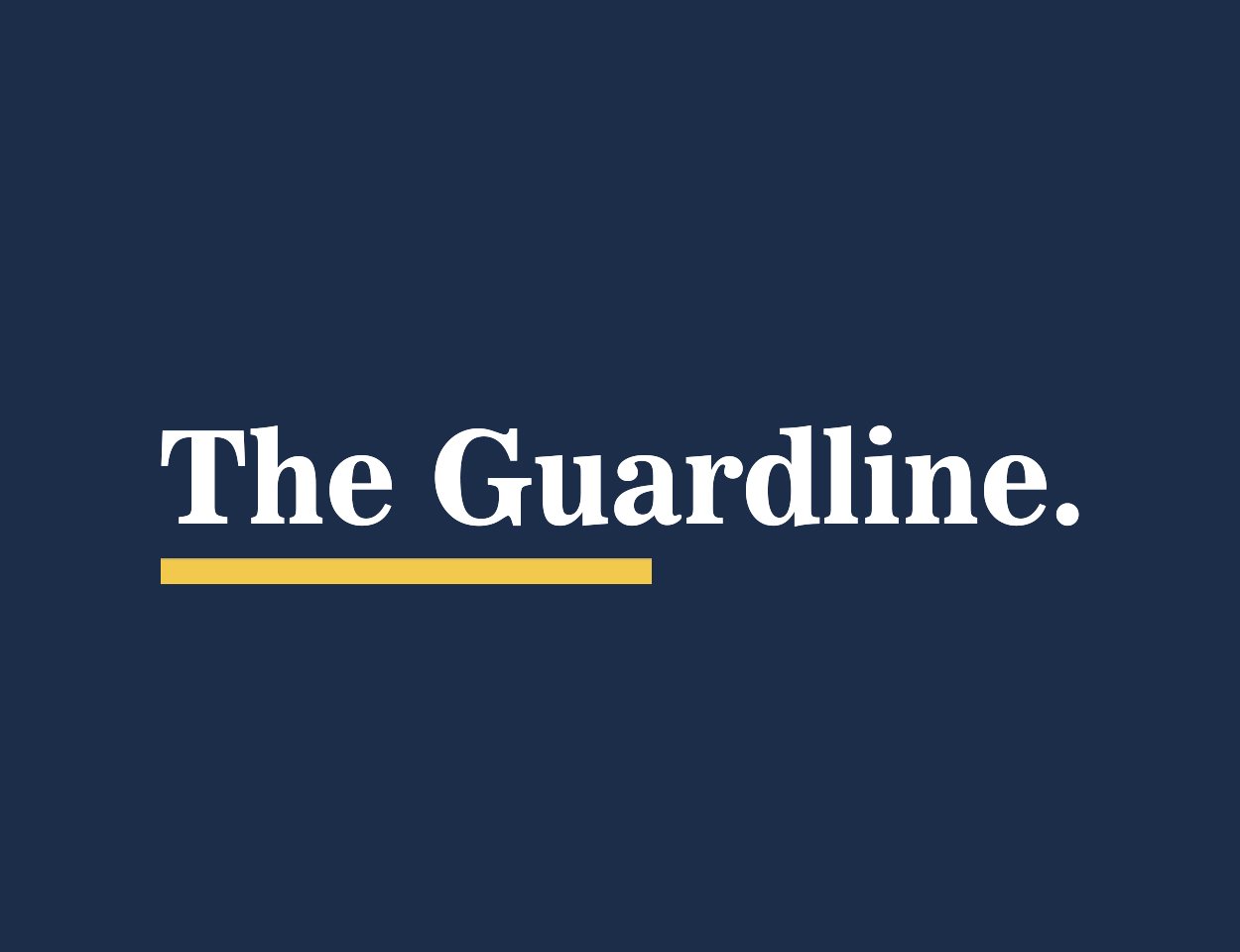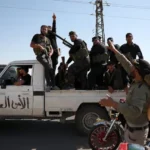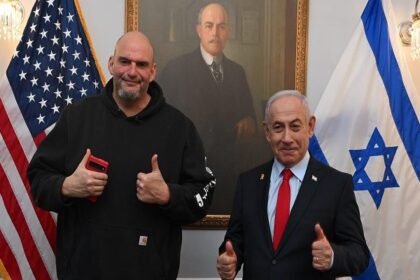Guarding Integrity in Every Headline — Since day one, The Guardline has been committed to delivering accurate, unbiased news, standing as guardians of truth in every story.
Washington Moves from Restraint to Force
On May 22, 2025, the United States government, led by President Donald J. Trump, announced a sweeping package of financial and trade sanctions targeting the Sudanese government and its military leadership.
The decision follows the confirmation of chemical weapons use by the Sudanese Army, under the command of General Abdel Fattah al-Burhan, against civilian populations during the protracted civil war.
This marks a decisive policy shift from the relatively cautious approach of the Biden administration, signaling Washington’s readiness to use stronger levers of international pressure to address the two-year-long conflict that has devastated communities across Sudan.
Direct Accountability for the Military Leadership
According to official U.S. intelligence briefings, General al-Burhan has been directly identified as obstructing peace initiatives and enabling the influence of Islamist factions tied to the dissolved National Congress Party. These networks have been widely accused of manipulating key decisions within Sudan’s transitional structures.
U.S. officials stated the sanctions are designed to force a recalibration in Khartoum — compelling the Sovereignty Council to return to negotiations, end hostilities, and dismantle extremist influence in the political sphere.
Key Measures Enforced
The sanctions package includes:
- Export Restrictions — Full suspension of non-humanitarian American exports to Sudan.
- Financial Isolation — Severe limits on Sudan’s ability to transact within the global banking system.
- Suspension of Aid — Immediate freeze on U.S. government loans and a drastic reduction in foreign assistance.
- Restrictions on International Credit — Curtailment of Sudan’s access to development funding from international lenders.
A senior U.S. official confirmed that additional penalties are under review, including a return to the U.S. State Sponsors of Terrorism list, which would trigger a full freeze of international financial transfers and complete isolation in global markets.
A Narrow Path Toward Relief
Despite the sweeping restrictions, Washington has left a conditional path open for the Sudanese leadership. According to a statement released by the State Department, the sanctions could be eased if the government:
- Ceases all military operations immediately and implements an enforceable ceasefire.
- Initiates credible political reforms, prioritizing national unity and civil governance over military control.
- Ensures the safe return of displaced civilians, along with urgent measures to restore critical services and rebuild infrastructure.
The statement emphasized that continued reliance on force would only deepen the crisis and push Sudan further into political, economic, and social collapse.
International Pressure Mounts
Global reactions have been swift. Analysts forecast coordinated moves from European and African partners to align with Washington’s position, increasing pressure on Sudan to pursue an inclusive political settlement.
Experts warn that failure to comply could escalate the sanctions further, crippling Sudan’s already fragile economy and tightening its diplomatic isolation at a time when humanitarian needs are at unprecedented levels.
Data Snapshot: Sudan’s Crisis by the Numbers
| Indicator | Data (2025) |
|---|---|
| Conflict Duration | 25+ months of active fighting |
| Confirmed Chemical Attacks | 30+ incidents (Amnesty International, OPCW-validated) |
| Displaced Population | Over 10 million internally displaced |
| Economic Impact | GDP contracted by over 18% since 2023 |
| Humanitarian Aid | 70% of aid operations restricted due to conflict zones |
The Guardline’s Commitment
As verified evidence continues to emerge, from chemical weapons deployment to systematic civilian targeting , The Guardline remains committed to guarding the truth and delivering accurate, unbiased reporting.
The world is watching Sudan. The path forward is clear: accountability for those responsible and a comprehensive push toward a sustainable, civilian-led peace.











